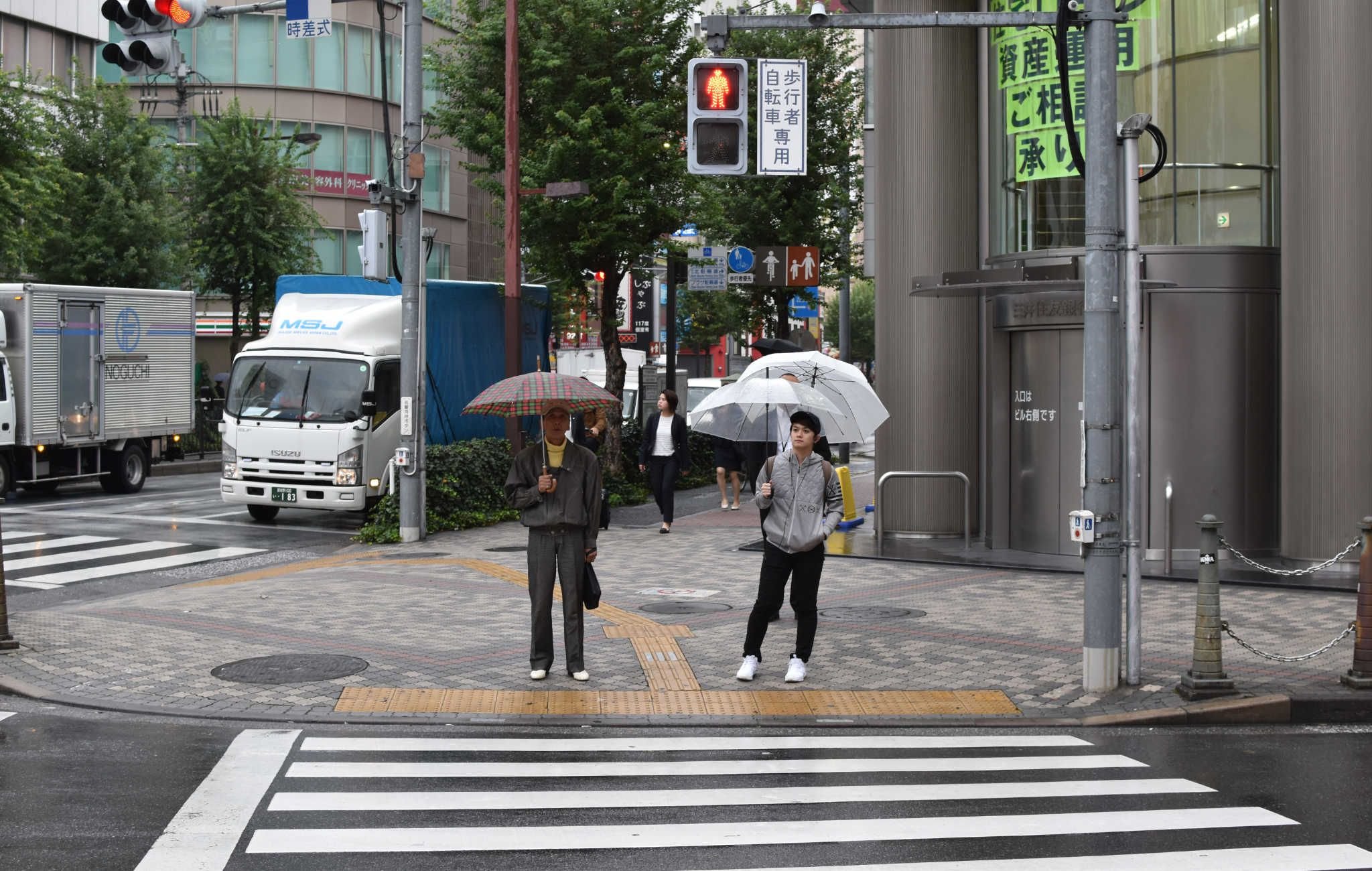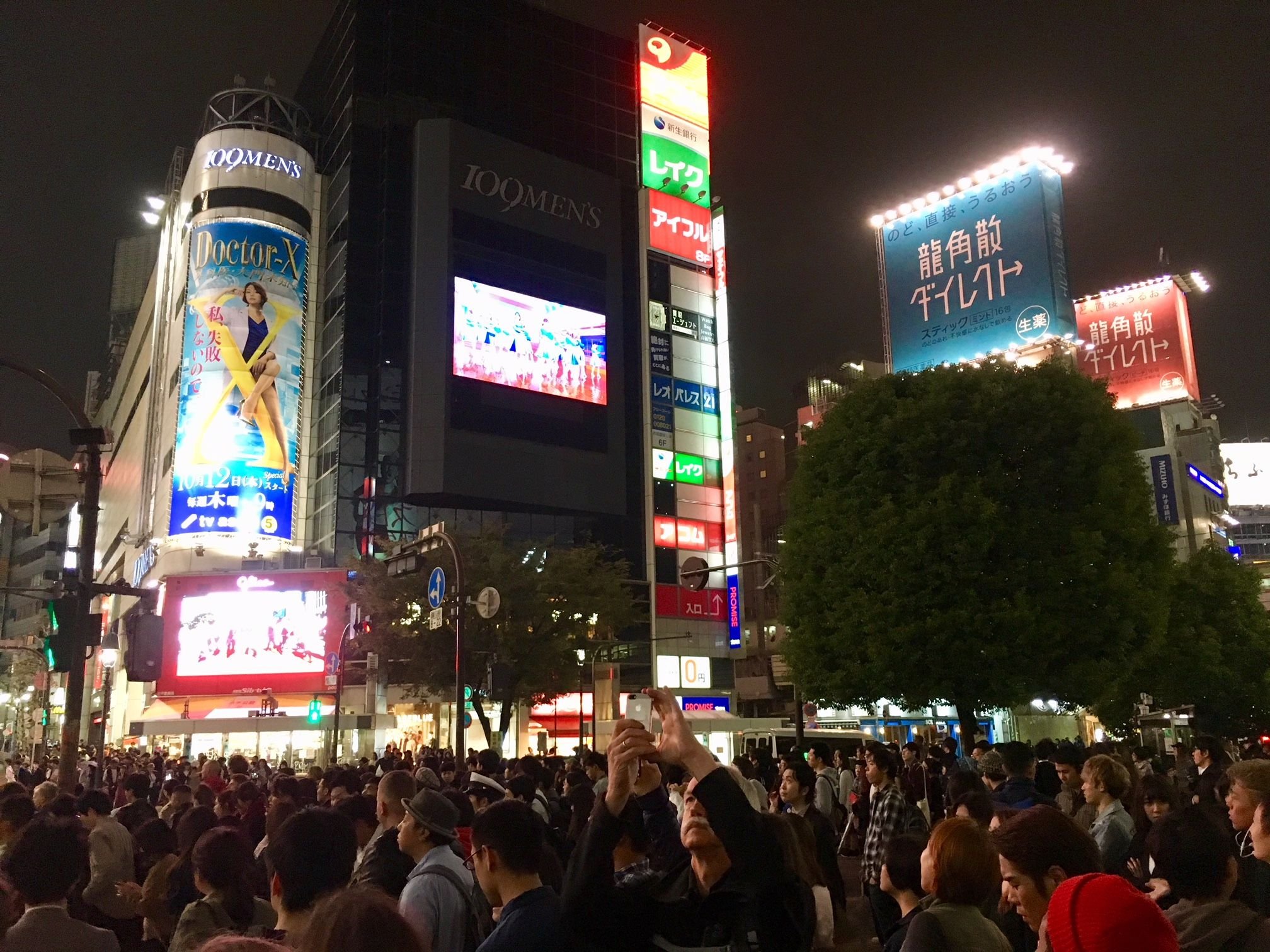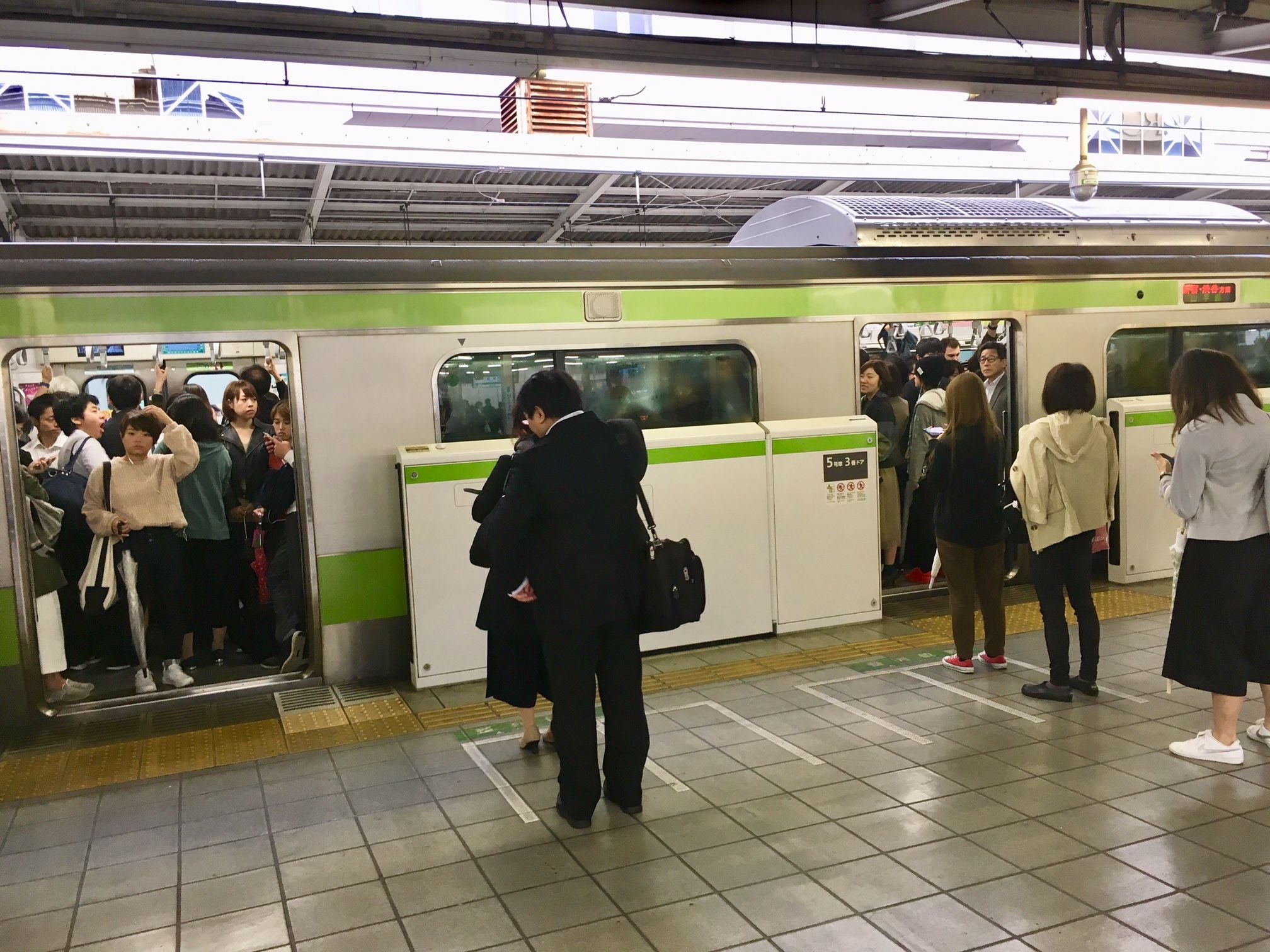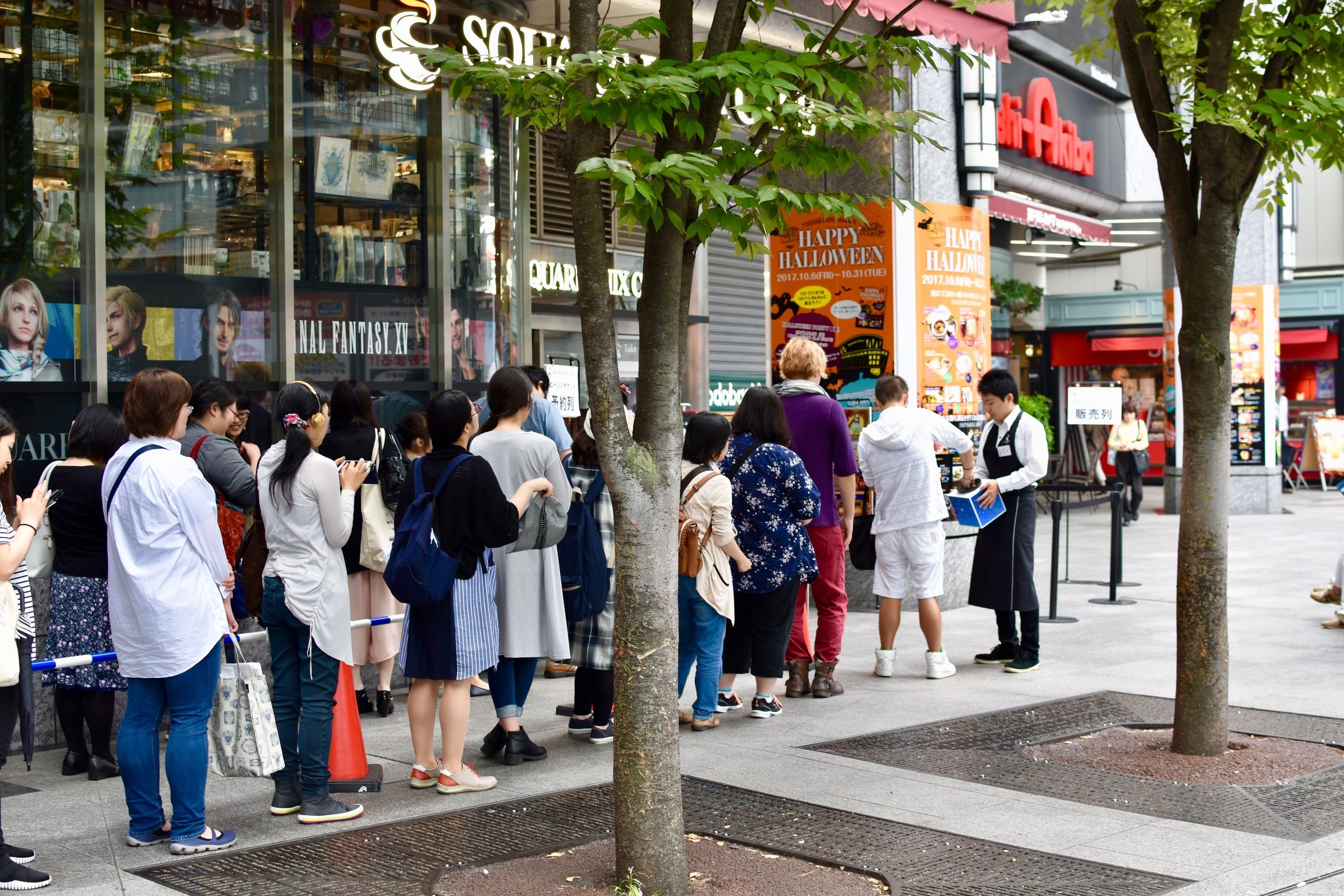This is an authorized translation in English of a post in French by @japon: Les japonais sont-ils trop disciplinés?
Note that the person that speaks here is NOT me, Vincent Celier (@vcelier), but @japon, a French guy.
We can often read that the Japanese mentality is different from ours. Some even say that they are completely opposed. Without going as far as such pronounced assertions, it is clear that, for someone going to Japan, certain behaviors seemed to me surprising ... of public spirit.
We have the image of a highly disciplined population and I noticed that during my first steps in Tokyo. Everyone walks on his side of the sidewalk, and waits patiently for the little guy to go green before crossing. I found myself several times in the middle of the night having to cross the street, there was no car, sometimes it rained cats and dogs. And everyone was waiting for the "right to pass", simply because it's the rule.

Some foreigners a little rebellious went through anyway. The Japanese did not say anything to them, but their eyes showed a certain nervousness. As for me, I was waiting next to them. Respecting people is also respecting their culture and habits.
It is amazing to see that large crossroads have diagonal passages, and all pedestrians pass at the same time, from all sides. One might think that this is going to be a great chaos, that we are going to be jostled. Well, no, the streams of pedestrians meet, intersect, mingle and separate. This is particularly impressive at the Shibuya crossroad. I tested this on a Friday night, I was caught by the crowd not without some apprehension.

Some subway or train stations in Tokyo see several million passengers passing every single day. When you walk down the hallways or the stairs, you will see that you walk on the left and remain absolutely in line. When there are so many people, there is no alternative but to stay in line.
Once on the platform, I was really surprised by their attitude. Ground markings indicate where the rowing doors will open. They wait in two single lines. The train arrives, the doors open, the two lines open to let the passengers out. Then the tw lines tighten and enter the train. Once there is no room in it, no one pushes. Everyone is waiting patiently for the next train.

I could multiply examples on the discipline in Japan. For example it is not uncommon to see many people waiting for the opening of a store or a restaurant. A line is then put in place, taking care not to disturb other passersby.

This is actually the keyword here: do not hinder. I would say that the Japanese tend to put the collective interest before their personal interest. So they do not speak loudly in public transport so as not to disturb, they wear a mask when they are sick so as not to contaminate others. I will also add the cleanliness of the streets and public transportation; to not dirty public spaces is to respect those who come after me and will use them.
After the tsunami that struck Japan on March 11, 2011, several nuclear power plants were shut down. The population spontaneously reduced their electricity consumption by more than 15%. Not at the request of the government, but only by civic mimicry.
Wonderfully disciplined or stupidly disciplined? It is true that in France the contradiction with the authorities is a tradition. When we are forced to do something, we wonder how to circumvent this rule or we say that it is useless. In France, when the pedestrian light is red, I want to cross the street, who will stop me? Are you really going to punish me for that?
Finally the French would do well to be a little more disciplined. But does Japan leave room for personal initiative for the Japanese? An interesting debate that will be the subject of another post. And you, are you of the disciplined or rebellious kind?
-- @japon
Travel diary in Japan, by @japon
Tokyo, overcrowded city? Really? by @japon
